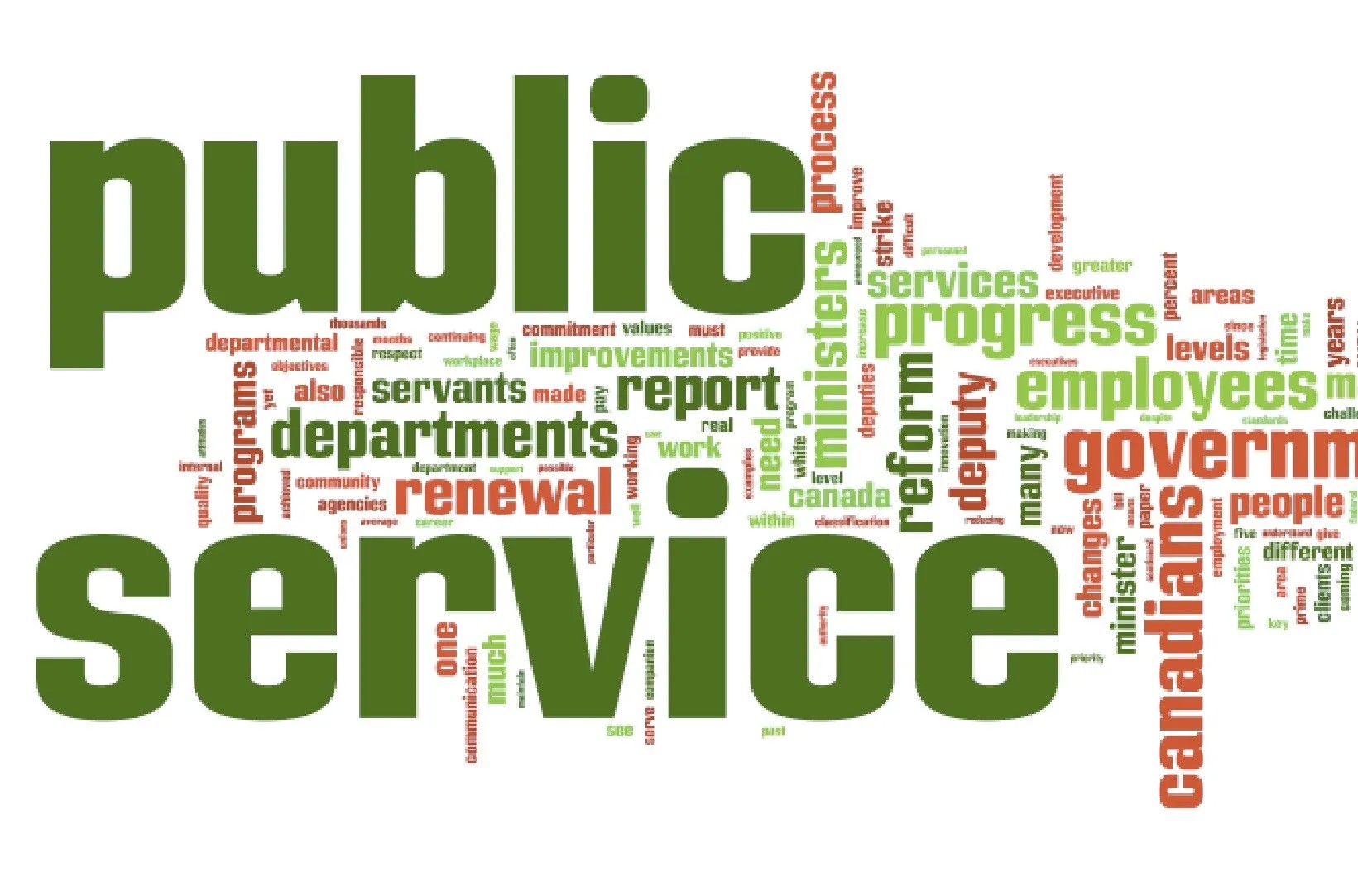Real estate plays a vital role in human and national economic development. On the individual level, after food and clothing, housing (real estate) is the next basic necessity. There is no human being, there is no business that does not require real estate one way or the other. That makes the sector critical to human and national economic development. No sector enhances and contribute more significantly to job creation and poverty alleviation, infrastructure development, Gross Domestic Product (GDP) and global economy than real estate.
The impact of the real estate sector in the United States of America for instance is broad, affecting the various aspects of its economic activity, from construction to home services, evidently influencing residential investments, housing services, and commercial real estate, and contributing remarkably to its GDP. Simply put, real estate is crucial to the country’s economic development.
It is the same narrative with the Chinese economy, where real estate has historically been a key driver of the country’s economic growth and development, accounting for a significant portion of its economic activity.
Of course, real estate is one of the most important sectors in the economy of Europe, where the sector has greater financial and economic value than other sectors, such as the telecommunication sector and automotive industry, providing jobs and prosperity, and making a major contribution to GDP as well.
Real estate is particularly relevant in Europe, not just because it represents the majority of the existing capital stock, but because of its functions of protection against inflation, and provision of pensions for old age. Driven by factors of population growth, urbanisation, favourable government policies, and technological advancement among others, these nations have consistently, and significantly leverage real estate, no wonder their real estate markets keep experiencing influx of foreign investment, and this, more than any other factor has been bolstering their economies.
Notwithstanding the challenges of inefficient land administration systems, inadequate infrastructure, limited access to affordable financing options, high cost of construction materials and other economic concerns, the real estate industry in Nigeria remains one of the most vibrant and rewarding sector, presenting countless opportunities for those who are strategic and focused. From the bustling urban centres like Lagos, Port Harcourt and Abuja, to emerging hotspots across the country, the market continues to evolve.
The renowned Arkansas born real estate broker, developer and author, Daniel James Lesniak said, “real estate isn’t about quick money today. It is about building long term wealth that pays you forever passively.” It is in real estate that you have a much more secured investment, with expectations of capital growth and current income return. Compared with the stock market for instance, where you buy shares today, probably the price is low, you sell it, and you get your money. If you hang on to it, there are two components of income, you have the income and then the prospects of that shares increasing, but it is in real estate that you have a much more secured investment, with expectations of capital growth and current income return.
In Nigeria’s real estate sector, investment opportunities we can leverage on abound. With a rapidly growing population (about 2.5 per cent annually) and increasing urbanisation, Nigeria’s real estate market is projected to reach approximately $2.61 trillion in 2025, with residential real estate alone accounting for about $2.25 trillion. Real estate demand will definitely be fueled by low housing supply and huge housing deficit of about 28 million units. This scenario is simply telling us that Nigeria’s housing deficit offers incentive for real estate development on which investors can leverage.
Nigeria’s growing population and increasing urbanisation will push demand for residential and commercial properties, and this will translate to attractive returns on investment. Real estate market in Nigeria would continue to attract local and foreign investors because the market offers lucrative investment opportunities for smart investors.
As the government continues to implement economic reforms and as the economy stabilises hopefully, more funds would be available for infrastructure provision, real estate would latch on this, and the market would expand, thereby providing opportunities for investment in different segments of the industry. The Lagos-Calabar coastal highway is a game-changer.
The project would stimulate tourism and industrial clusters, such as hotels, factories, housing estates, and other amenities along the corridor. Upon completion, the project would stimulate real estate development in a manner that would be as if real estate is being reinvented or redefined, all because real estate investors and developers would shift attention to the axis, and seize the opportunities available for investment. As the economy becomes wealthier, investment would be allocated effectively for a long-term positive impact on GDP.
There are prospects for real estate to thrive maximally in Nigeria, there are lots of opportunities for investment within the real estate sector, but those opportunities can only be realised by conscious efforts of government to put the economy on a very sound footing, because real estate latches on the way the economy is patterned. By addressing challenges to real estate investment, investors would tap into opportunities available, and the sector would continue to play a critical role in the nation’s economic development.
The influence of technology has become a global phenomenon in virtually all aspects of life. Technology has enhanced real estate so much, particularly in the more developed climes. There are so many systems that are happening in different parts of the world. We have what we call system building, with which we can build houses in two weeks.
As the sector keeps expanding, and with application of technology, investors would most likely focus on housing industry revival because it would create jobs, it would benefit value chain, including insurance, mortgage, real estate players and consultants, brokers and contractors, and it would also stimulate economic activities that would ensure that people have means of livelihood. When they have means of livelihood, they will be able to pay tax, which will be used to refinance the economy and you have multiplier effects, and individual businesses thrives on the back of that. Ultimately, it would drive broader economic growth and sustainable development, which would enhance the quality of life of Nigerians.
Ogunjobi is a Lagos based Estate Surveyor and Valuer.






